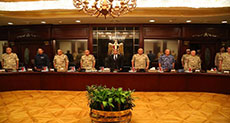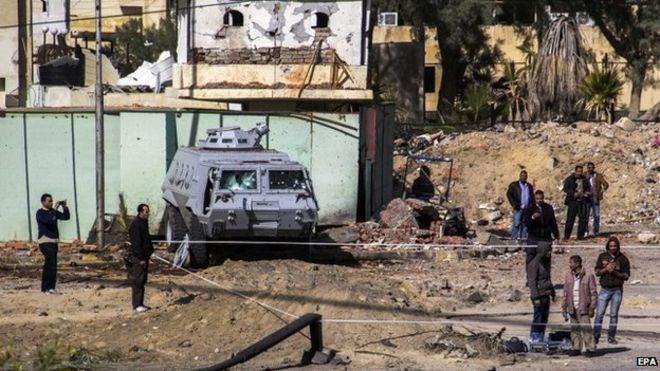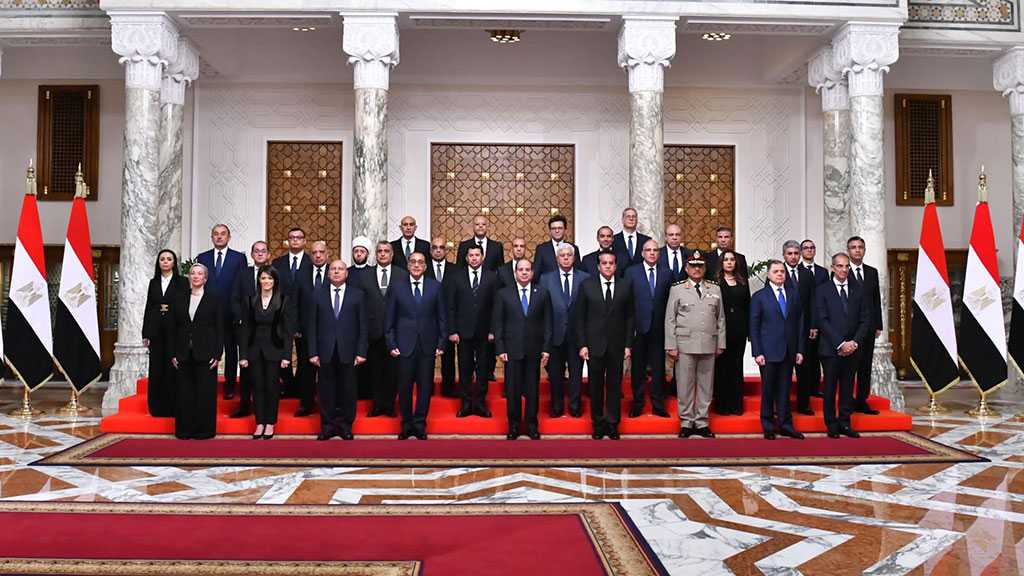Egyptians Question Sisi’s Decision to Join Aggression on Yemen

Local Editor
A public debate is unfolding in Egypt about whether to expand the country's role in military invention against the Houthis in Yemen, creating a political predicament that could undermine the Saudi-led campaign to support the government.

Speaking about Egypt joining the US-backed Saudi-led aggression on Yemen, one cannot but shed light on the previous Egyptian foray into Yemen in the 1960s which was a disaster and the country was beset by domestic problems.
Further to the point, Egypt claimed it would join the coalition in its aggression on Yemen. Egypt sent naval vessels to Yemen's coast and Egyptian officials had said that a ground assault was planned.
But now there were signs that public anxiety was creating a dilemma for Egypt's President Abdul Fattah al-Sisi, who must balance the concerns of a public worried about domestic security and social problems, and the pull of Saudi Arabia, a close ally that had donated billions to Egypt's government.
Moreover, the memory of Egypt's war in Yemen had been resurrected in recent weeks by skeptical pundits, newspaper columnists, and political parties who opposed sending troops.
Accordingly, the debate could complicate the calculations of Saudi officials as Saudi Arabia touted the participation of 10 countries in the coalition at the outset of the assault on Yemen.
Adding to that, the message was dealt as a setback last week when Pakistan's parliament voted against joining the intervention. The Pakistani decision, in turn, was front-page news in Egypt.
"This all puts the Saudi position in quite a quandary, if they intended something far more muscular, because they were clearly trying to rely on subcontractors, so to speak," said Yezid Sayigh, a senior associate at the Carnegie Middle East Center in Beirut.

He added the Saudis were now faced with the prospect that "unless they were willing to put their own army on the ground, then they have no ground option."
At this level, Saudi Arabia's Defense Minister Mohammed bin Salman bin Abdulaziz al-Saud met President al-Sisi; they discussed the Yemen crisis but no announcement was made about a commitment of Egyptian troops to Yemen.
Not only this, but the Yemen debate also came when Egypt's military and security forces were battling an insurgency in the Sinai Peninsula and facing a steady string of bombs and armed attacks in Cairo and other cities where on Sunday alone, 13 people were killed in two separate bomb attacks in north Sinai.
"This is the kind of situation where they [the state] could face very real public disgruntlement and dissent. There are very few issues that could produce that kind of reaction. This seems like one," said Michael Hanna of the "Century Foundation in New York City".
He added, "There has been an interesting level of questioning. That hasn't been the case in the past year and a half."
Source: the Time, Edited by website team
Comments
- Related News




